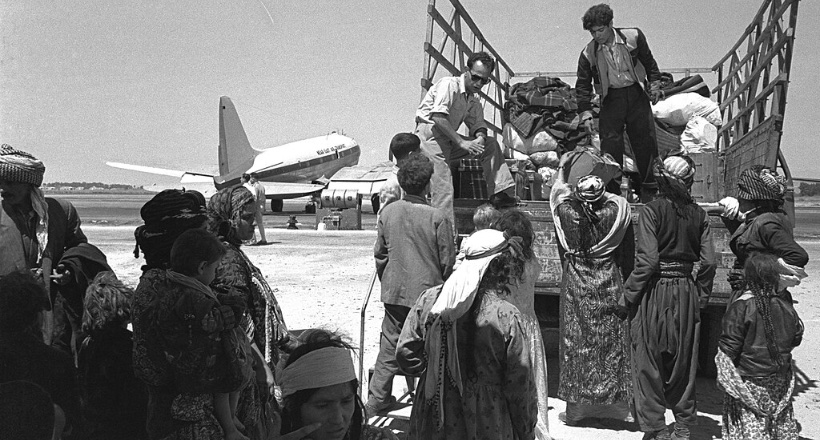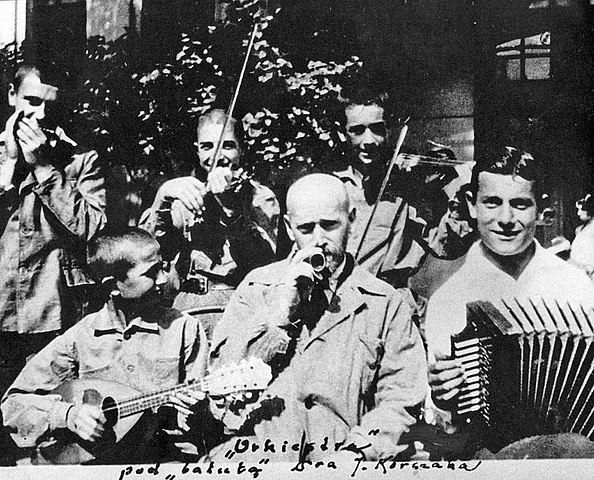Jewish refugees from Arab countries: lost heritage of $263 billion
Jewish communities in the Middle East and North Africa, which existed for more than two thousand years, virtually disappeared in the 20th century. Homes, synagogues, schools, businesses — everything that was built by generations was left behind. According to a new report by the international organization Justice for Jews from Arab Countries (JJAC), the total value of property lost by Jewish refugees from Arab countries and Iran exceeds $263 billion as of 2024. This figure is not just statistics, but a testament to the scale of losses suffered by hundreds of thousands of people forced to leave their homes.

Vanished Communities
In 1948, about 956,000 Jews lived in Arab countries and Iran. Today, fewer than 13,000 remain — 99% were forced to leave. Most found a new home in Israel, others settled in Europe and North America. The reasons for the exodus include discrimination, pogroms, property confiscation, and direct expulsions. By the 1970s, Jewish communities in countries such as Iraq, Syria, Libya, and Yemen had virtually ceased to exist.
The JJAC report covers 11 countries: Aden/Yemen, Algeria, Egypt, Iran, Iraq, Lebanon, Libya, Morocco, Syria, and Tunisia. For Egypt, Syria, Iran, and Iraq, researchers calculated losses in detail: residential and commercial real estate, businesses, personal property, and community property — synagogues, schools, hospitals, and cemeteries. For the other countries, conservative estimates were applied. The largest losses were recorded in Iran ($61.49 billion), Egypt ($59.82 billion), Iraq ($34.24 billion), and Syria ($10.69 billion).
Not About Compensation, But About Truth
The JJAC organization emphasizes: the report’s goal is not to present a bill, but to achieve recognition. Jewish refugees from Arab countries represent the second, often overlooked layer of refugees in the Middle East, alongside the Palestinian. The authors call for an honest conversation about the fate of all those affected by the region’s conflicts. Recognizing the losses of Jewish communities is a step towards justice and reconciliation, especially in light of recent processes of normalization of relations between Israel and a number of Arab countries.
Why It Matters
The story of Jewish refugees is not just about numbers, but about the fates of people whose lives were turned upside down. It’s about families who left everything to start anew. For repatriates in Israel, this topic is especially close: many of them or their ancestors went through this exodus. Recognizing their losses is part of the path to restoring historical justice and preserving memory.
Comment by Marina Rosenberg Koritny, Head of the WZO Department for the Promotion of Aliyah: “The story of Jewish refugees from Arab countries is part of our collective memory. Many repatriates in Israel carry this story, whether it’s the tales of their parents or their own experience. The JJAC report reminds us of the importance of speaking openly about the past to build a future based on truth and mutual understanding. We are proud that Israel has become a home for those who lost everything and continue to support repatriates in their integration and preservation of cultural heritage.”





